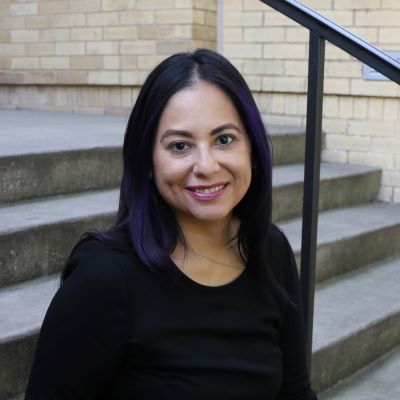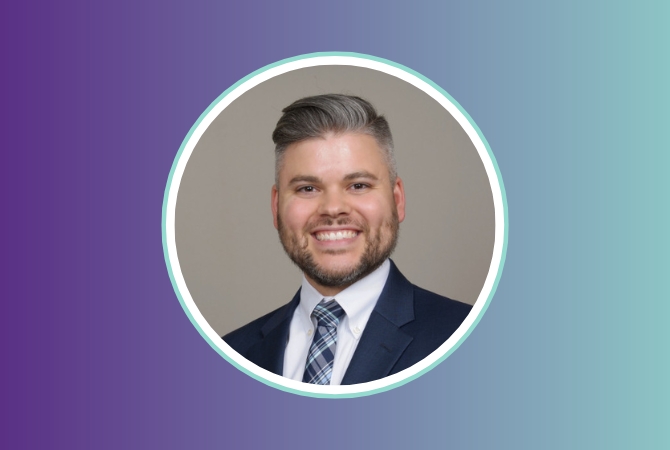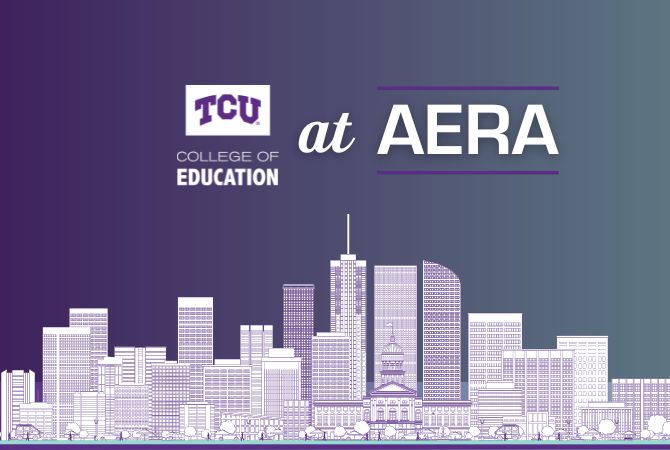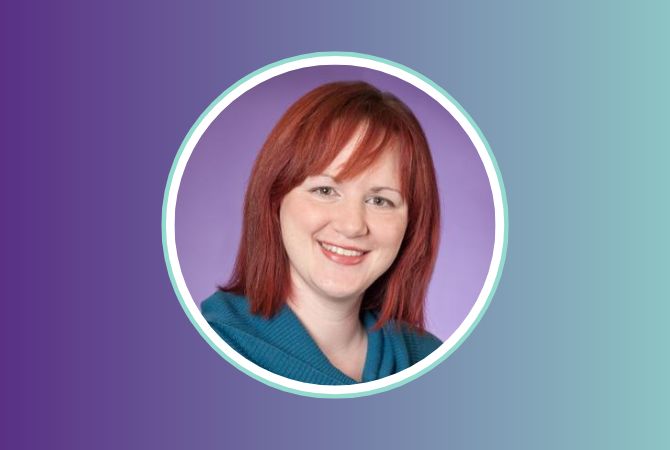
What is your background and what brought you to TCU?
My career in research began in 2009 after I earned my degree and certificate in health informatics. I worked in the Department of Immunology (basic research) at a large North Texas university and I transitioned to the Department of Emergency Medicine (clinical research) where I am working today. Currently I am Assistant Professor, TCU School of Medicine, Department of Medical Education, and I work as a researcher and manager of research in the Emergency Department at JPS, Baylor All Saints and BUMC. I am Chair for Clinical Researchers United eXchange (CRUX), an interest group housed within the Society for Academic Emergency Medicine (SAEM). I have a few publications in emergency medicine as well. Follow me on ResearchGate! :)
I became aware of the Ph.D. in Science Education after I became a part of TCU’s School of Medicine. I have a desire to develop my original research and be surrounded by researchers in the Fort Worth area who share the same philosophy as I do. Through this program my goals are to advance and expand my knowledge in study design, statistical analysis, grant writing, and teaching research methodologies in social medicine and clinical research to faculty, resident, and medical students.
What’s your favorite thing about your program at TCU?
One of my favorite things about my program is the support I receive regarding ideas I have for research. Sometimes my ideas or concepts seem a bit awkward to me in my head, but when I talk it out with my professors and peers it starts to make more sense and I become more directional in my research goals.
What are some obstacles you’ve faced along your career path so far? How did you overcome them?
I’d like to go the opposite direction here and say there could be more research managers or investigators that are 1. women and 2. belong to an underrepresented minority group; as I am both. In the context of my working life, this has its strengths in that I connect with the community members who enter the emergency department as patients and can more easily establish a rapport with them. Everything that happens in the ED is time sensitive, rushed and it is not the best day in the lives of the patients. Establishing a rapport is key to building goodwill when recruiting for active research studies, as is providing education about the studies themselves and relating it back to the patients’ disposition in a way that is 1. meaningful and 2. clear and easy to understand for patients and their families.
What’s the best part about being a Horned Frog?
The sense of community and collaboration that I feel when I step on campus and being introduced to the many science education organizations both here locally and globally.


